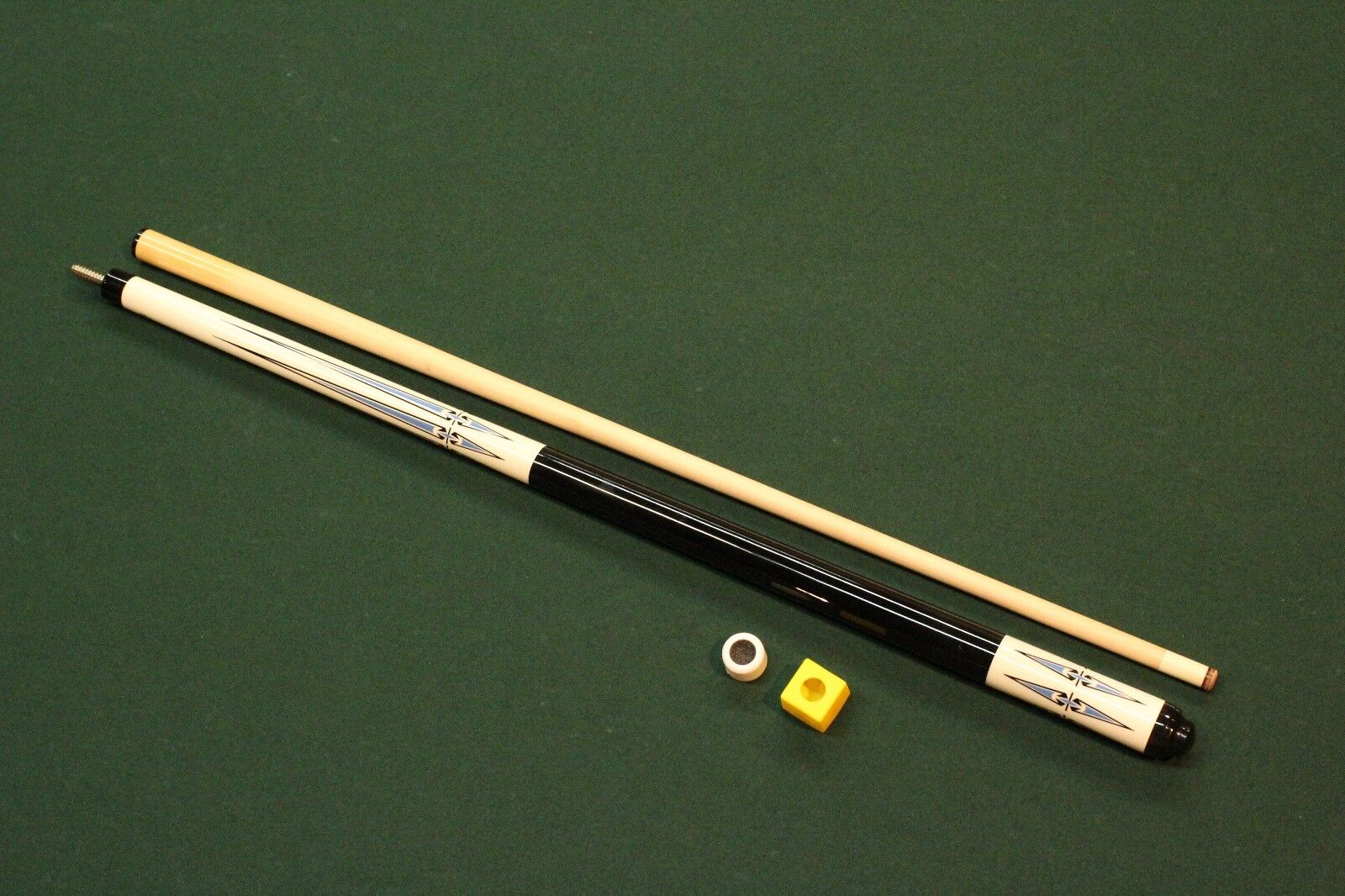
Pool is one of the world's most popular sports. It can be played on a number of different sized tables. It is a difficult game and requires skill. Although there are many variations of pool, the most popular ones are eight ball and continuous pool. These games require skill and can either be played solo, in pairs or as a group sport.
The game's goal is to put all the designated balls. This includes cue balls, eight-balls and other object ball. Each player is given one of two pockets at the foot of the table. They continue until they foul, miss, or both. If a foul is committed, the player must put the ball back on and take a new shot. A variety of fouls can occur including a break, hitting the cueball into an object ball, committing an unlawful break, or executing a jump shot.
The World Standardized Rules of Pool are the official rules. They are used at many international tournaments as well as in the Billiard Council of America. If there is a foul, the ball must be put back on. The ball pocketed by an opponent counts as one point.

In eight-ball, the goal is to pocket the black eight ball. The number of balls is determined by the game's variation. The winner of the game is the one who has the ball in his own hand.
A normal foul will result in a minus point. If the ball is taken in foul play, it will be penalized with a minus point. After the player takes his next shot, he can choose to restore the position that he was in prior to the foul. The player may also decide to keep the shot. However, if the opponent places the ball into his pocket, he will get a points.
The ball in hand foul is another type of foul. This happens when a person touches the cue ball while not having their foot on the ground. The player must announce that the ball has been pocketed before they take a shot. The ball that was pocketed during foul play must be positioned as close to the feet spot as possible.
Any player who commits 2 fouls in a row should be warned before taking the next shot. A third foul, if not accepted by the player, will result in the loss of the game. For example, if the player breaks in the first inning, he or she will be given a minus score of -10.

A non-player interfering foul is another form of foul. A foul is one that is not considered to be player interference. Non-player interference is not considered if the ball gets pocketed in the course, or as a foul.